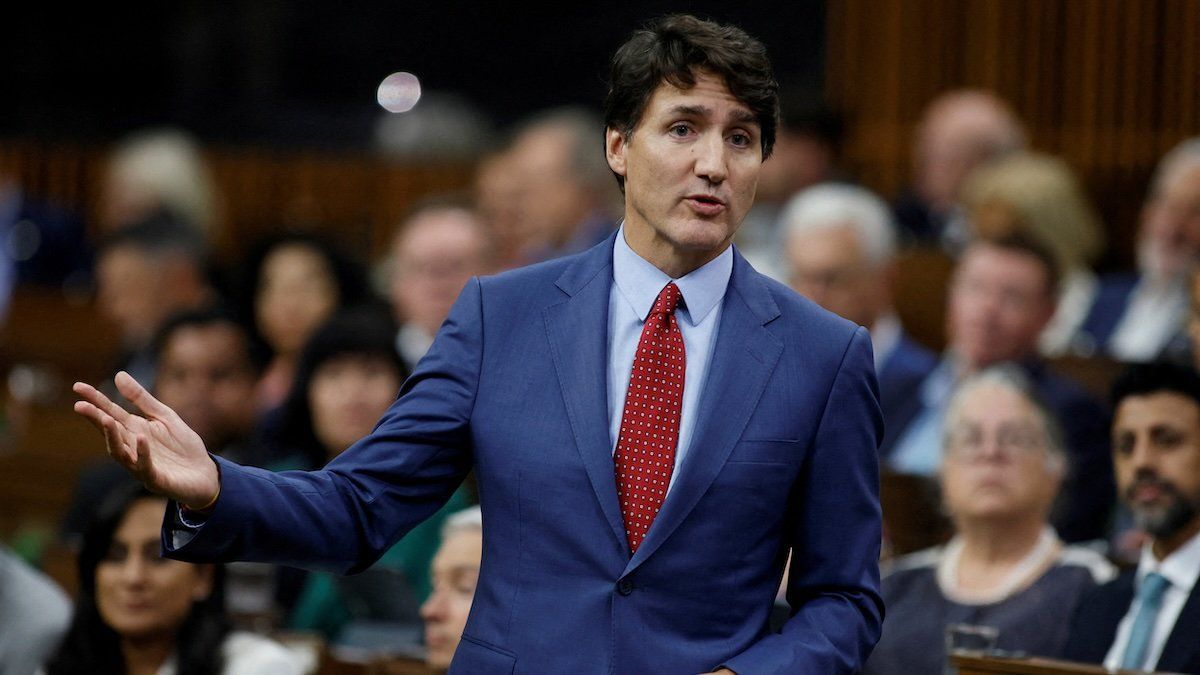The Trudeau government, down about 20 points in the polls, has announced new mortgage rules for Canadians in a bid to address the country’s long-standing housing affordability crisis.
Responsibility for housing policy in the country is shared between local, provincial, and federal governments — but voters are typically more interested in results than who does what. Trudeau is hoping that two changes within federal jurisdiction will help deliver those results.
The new policies, which take effect on Dec. 15, include raising the price cap for insured mortgages to CA$1.5 million from $1 million, the first increase since 2012. The higher cap allows a greater number of purchasers to buy a house with a downpayment below the 20% threshold if they obtain mortgage insurance.
The Liberals will also permit 30-year mortgages for first-time buyers of any type of home or buyers of new-builds. The move is an expansion of a recent policy change. Earlier this summer, the government opened 30-year mortgages for new buyers who purchased new builds, raising the amortization period from 25 years.
In August, the average sale price of a home in Canada was CA$649,096. Labor shortages and high interest rates have hampered home-building efforts and kept the country well behind the rate of building the Parliament Budget Officer estimates is necessary to lower costs and make housing affordable.
The Liberals, however, hope the latest policy changes – and Bank of Canada rate cuts – will drive construction efforts, lower prices, and get more Canadians into home ownership. The reforms come as the Liberals prepare for an election scheduled for October 2025 – that might come earlier – and struggle to improve their standing in the polls.
